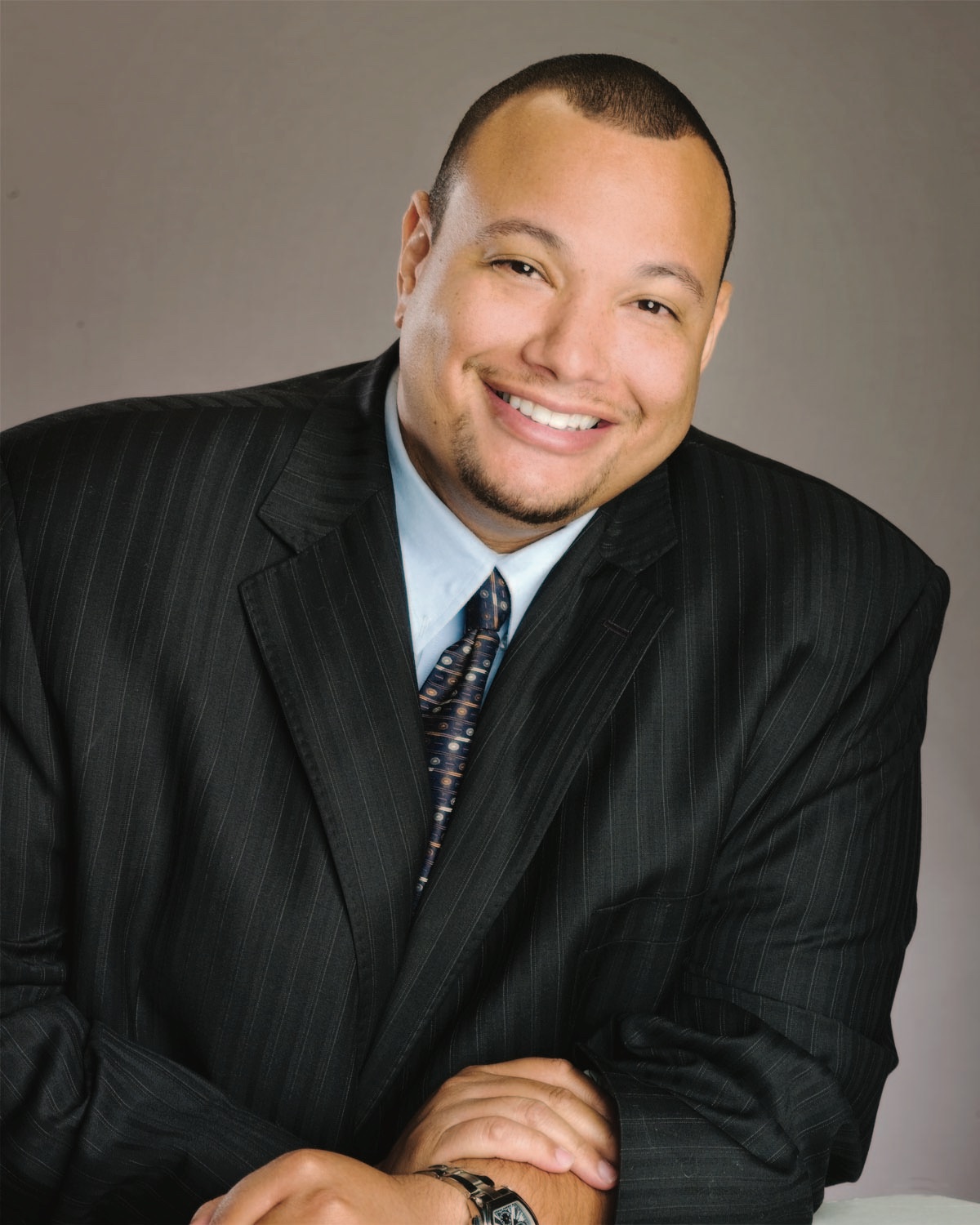(Orlando Sentinel) Do Orlandoans embrace Black History Month? I could not help but think how ironic it was that Super Bowl XLIII, America’s most-watched and celebrated athletic event took place on Feb. 1, the first day of this special month.
In the wake of President Barack Obama’s inauguration, Eric Holder’s confirmation as the first African-American attorney general, Susan Rice’s confirmation as the first African-American-woman U.S. ambassador to the United Nations and Michael Steele’s election as the first African-American chairman of the Republican National Committee, I wanted Mike Tomlin’s Pittsburgh Steelers to win the Super Bowl during Black History Month.
Yes, I’m biased, and I like fairy-tale endings. Not only did the Steelers win their sixth Super Bowl (the most in NFL history), but Tomlin became the youngest coach to do so, and Santonio Holmes was selected as Super Bowl MVP. I love this country.
Many believe that Black History Month is a month-long affirmative-action holiday for African-Americans, and many have little interest in celebrating it or learning about the contributions of blacks to American society and beyond. Some have a primordial reaction to, and fear of, this designated month and believe that celebrating it is racist. Go figure.
This is unfortunate, given that African-American is older than American history, not vice versa. All Americans, irrespective of our racial, ethnic or religious backgrounds, are makers of African-American history. Obama’s election as the first African-American president is a case in point.
Dr. Carter G. Woodson, a central pioneer in the study of black history, selected the second week in February for Negro History Week because it marked the birthdays of two of the most-influential figures in American politics — Frederick Douglass and Abraham Lincoln.
Other significant events that took place in February make it an ideal time to celebrate black history. They include the birth of W.E.B. DuBois, the famed intellectual, civil-rights leader, pan-Africanist and co-founder of the NAACP (Feb. 23, 1868); the passing of the 15th Amendment giving blacks the right to vote (Feb. 3, 1870); the taking of the oath of office of the first black U.S. senator, Hiram R. Revels, a Republican from Mississippi (Feb. 25, 1870); the founding of the NAACP (Feb. 12, 1909); the historical civil-rights lunch-counter sit-in at a segregated Woolworth’s store in Greensboro, N.C. (Feb. 1, 1960); and the unforgivable murder of Malcolm X (Feb. 21, 1965).
Central Florida should embrace Black History Month because it provides a great opportunity to reflect on the highs and lows of race relations in the area, including the establishment of the town of Eatonville in 1887, making it America’s first and oldest African-American incorporated municipality. Eatonville has produced several prominent leaders including the Rev. John Hurston, the town’s third mayor and pastor of the Macedonia Missionary Baptist Church, and his daughter Zora Neale Hurston, a renowned author, folklorist and cultural anthropologist.
Orlando is also the first city to have an African-American marital monopoly in law enforcement with Val Demings serving as police chief and her husband, Jerry Demings, recently being sworn in as sheriff of Orange County.
Black History Month lows include the legacy of enslavement and racial segregation in the city, white terrorism as demonstrated by the Ocoee and Rosewood genocides of 1920 and 1923, respectively, and the 1951 bombing assassination of NAACP President Harry T. Moore — the civil-rights movement’s first martyr — and his lovely wife, Vyda in Mims.
From Orlando to Ouagadougou to Ottawa, Black History Month provides us with the opportunity to study the histories and contributions of people of African descent to humanity as well as history-makers not of African origin, such as Thaddeus Stevens, Charles Sumner, Harriet Beecher Stowe, Andrew Goodman, Abraham Joshua Heschel and John F. Kennedy. From this background, Orlando and America’s dual legacy of tragedy and triumph as a maker of African-American history should be taught in our schools, studied in our universities, pondered on our patios and discussed with fellow Orlandoans, particularly among those who live on opposing sides of the train tracks.

